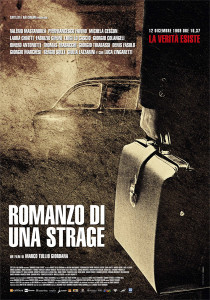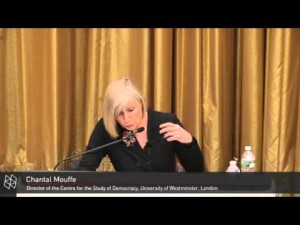- Results cannot be predicted from the separate actions.
- Strategies depend on others’ strategies.
- Behavior changes the environment.
For my Bachelor’s dissertation I have delved into the approach to International Relations Theory based on Complexity studies, grounding the account into what Robert Jervis proposes in his book System Effects. This understanding of international relations puts classic conceptions of levels of analysis into question. A long-lasting debate on which should be the fundamental unit of analysis for an IR (International Relations) theory has characterized the discipline and any theoretical proposal has provided its views and assumptions regarding this problem[1]. Thus, in presenting the complexity approach to IR, it is necessary to make clear its stance on that as well.
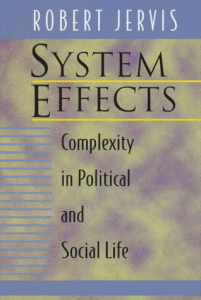 The historical debate has considered mainly three levels of analysis: individuals, states and system. These ones go from the lower level to the higher, and even if the second one is sometimes eluded[2], the logic of such scheme can be easily grasped. On one extreme, liberalism[3] has historically preferred the first level, as people express and act accordingly to their preferences and interests and then form higher levels’ behavior and effects. Gender approaches[4] second these liberal assumptions, focusing on individuals’ issues and relative power of different genders.
The historical debate has considered mainly three levels of analysis: individuals, states and system. These ones go from the lower level to the higher, and even if the second one is sometimes eluded[2], the logic of such scheme can be easily grasped. On one extreme, liberalism[3] has historically preferred the first level, as people express and act accordingly to their preferences and interests and then form higher levels’ behavior and effects. Gender approaches[4] second these liberal assumptions, focusing on individuals’ issues and relative power of different genders.


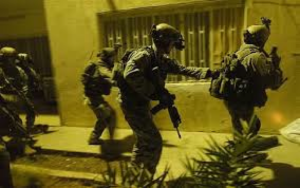 The following analysis is based on some recent wars cases, such as the Iraq or the Afghanistan ones, in which United States deployed special corps with clear intelligence-oriented tasks. First, we will consider what Special Forces (Spec-Forces) usually do or what people think they are doing. Second, we will show what their role in the intelligence cycle is, and how they act within a specific tactical process. Third, we will address some benefits and problems with respect to the recruitment of military Spec-Forces personnel for intelligence activities.
The following analysis is based on some recent wars cases, such as the Iraq or the Afghanistan ones, in which United States deployed special corps with clear intelligence-oriented tasks. First, we will consider what Special Forces (Spec-Forces) usually do or what people think they are doing. Second, we will show what their role in the intelligence cycle is, and how they act within a specific tactical process. Third, we will address some benefits and problems with respect to the recruitment of military Spec-Forces personnel for intelligence activities.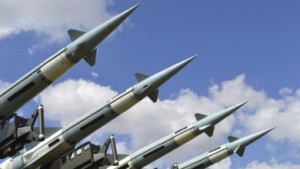 In International Relations debates’ we often deal with ‘security’, in both realist and idealist approaches. From
In International Relations debates’ we often deal with ‘security’, in both realist and idealist approaches. From 
